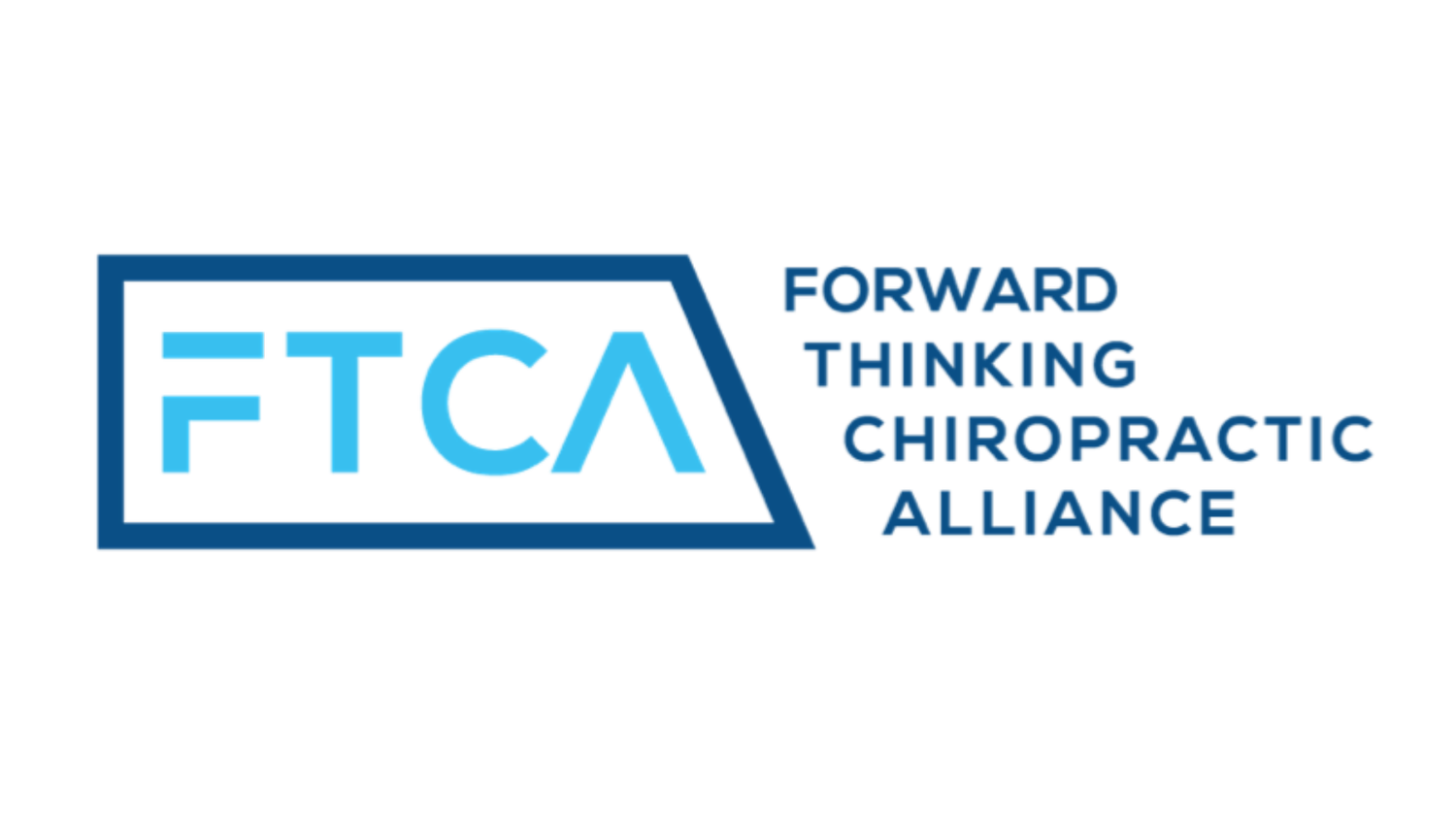By Craig Brummert, DC
I graduated from New York Chiropractic College in March 2009 with about $74,000 in student loan debt. I was twenty- four years old. After a series of circumstances, including both being financially irresponsible and then later falling on hard times, I found myself with about $96,000 in student loan debt nine years after graduation. Additionally, I borrowed about $22,000 to start my practice in 2014, and I had a personal loan which totaled $21k. Add it all up, I was $139,000 in debt. The student loan debt carried an interest rate of 6.7%, and the rest was around 3-4%. Needless to say, if I could go back and repeat the first decade of my career, I would do things a bit differently.
By 2017, I was making enough of an income from my practice to stop the debt from swelling. I was able to cover the accruing interest every month, but I was not touching the principal. At the same time, my girlfriend and I began discussing our future and marriage. Debt was discussed. Sarah had none. We agreed at the time, prior to getting engaged or married, that my debt could be paid off within ten years of marriage with hard work and focus.
We got married on July 7, 2018. Sarah started listening to financial podcasts prior to the wedding date. She was doing some homework to get us on track financially. Her favorite podcast was the Dave Ramsey Show. We started listening to the podcasts together and reading financial advice columns as well. Shortly after our honeymoon, Sarah got a job as a Communications Strategist at Penn State, thrusting us squarely into the American middle class.
To sum up the advice we were getting from Uncle Dave, as we call him, cut out every last penny of spending that isn’t 100% essential in your life, and pay off debt as aggressively as possible. There is a scripted program to follow called Baby Steps. Check it out. Step one is to save $1000 in an emergency fund. Step two is pay off debt. I managed to pay off about $16,000 of debt in the months leading up to our wedding. After getting married, we had a combined savings of about $50,000. Applying what we learned from the Baby Step program we decided to use all of our savings except for $1000 to pay off debt. We wrote a few large checks to the loan servicing company over the next month or so, bringing our debt total down to around $70,000. We then made 18 monthly payments averaging $3,962 until we became debt free on 08/26/2020.
We made a lot of sacrifices to become debt free. Sarah was taking babysitting jobs like she was in high school again. I never turned down a patient visit request on a weekend or evening. We put off starting a family so that we could get our finances in order. We almost never ate at a restaurant or ordered take out. Unless we were able to bum an invite from a family member, I made almost every meal we ate. Sarah is out collecting the Census right now (literally as I’m writing this) on a Saturday for $20/hour! I’m not joking. I tried to talk her out of it, but she insisted. I drive an eighteen-year-old truck that I do most of the repairs on, and Sarah drives an eight-year-old Hyundai. Both vehicles have been paid off for years. It was an uncomfortable two years, but we have improved our financial health for the rest of our lives.
The weirdest thing about paying off all that debt so quickly is that we loved it. There was pain at first when we drained our savings account, but once we started seeing the principal decreasing substantially every month, we couldn’t wait to write that next check. It was a ritual to us. We enjoyed it so much because there was finally a light at the end of the tunnel. We are in our thirties now, and we are debt free!!
Everyone with debt has their own unique set of circumstances. You may be more or less willing to make sacrifices than we were. You can get started by tracking your expenses for one month. All of them. Once you know where you are spending money, find areas to cut back. When you get a taste for trimming the excess spending out of your budget, you will begin to look harder and harder for ways to improve your financial habits. With some focus and dedication you will be on your own debt free journey.
